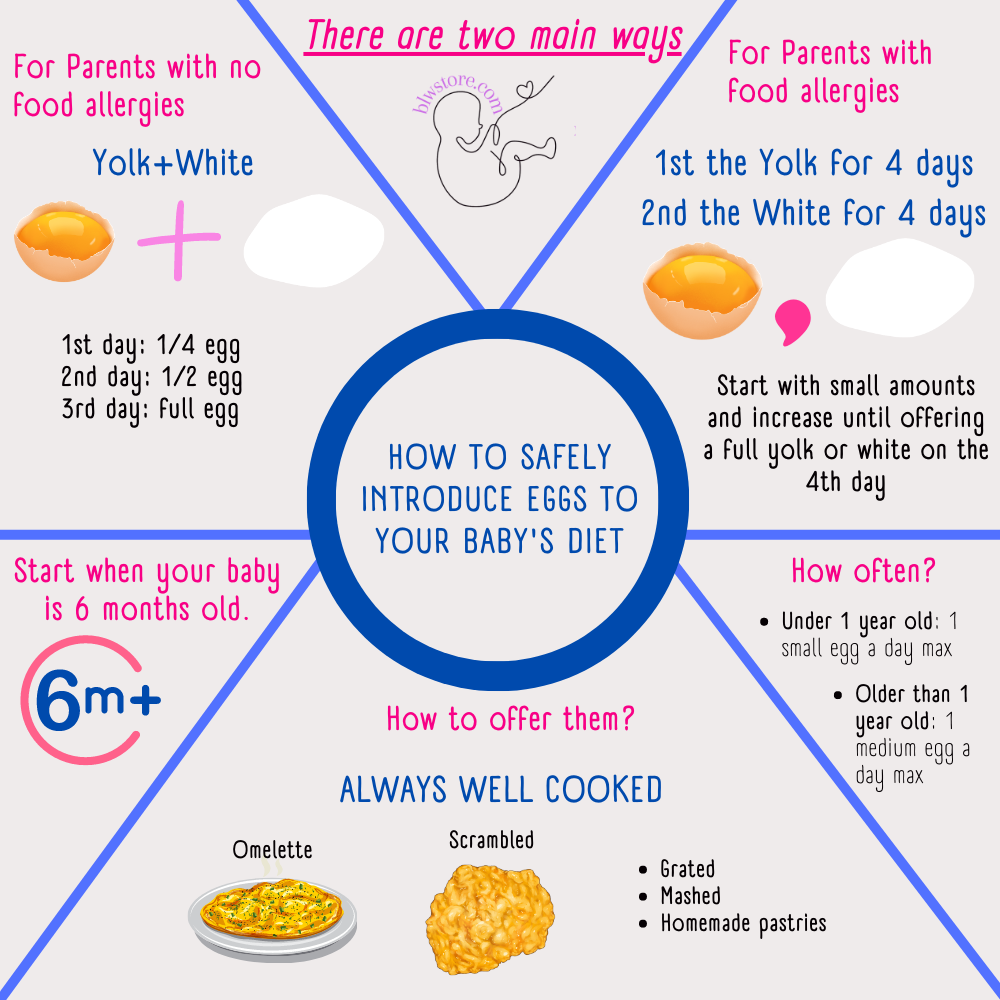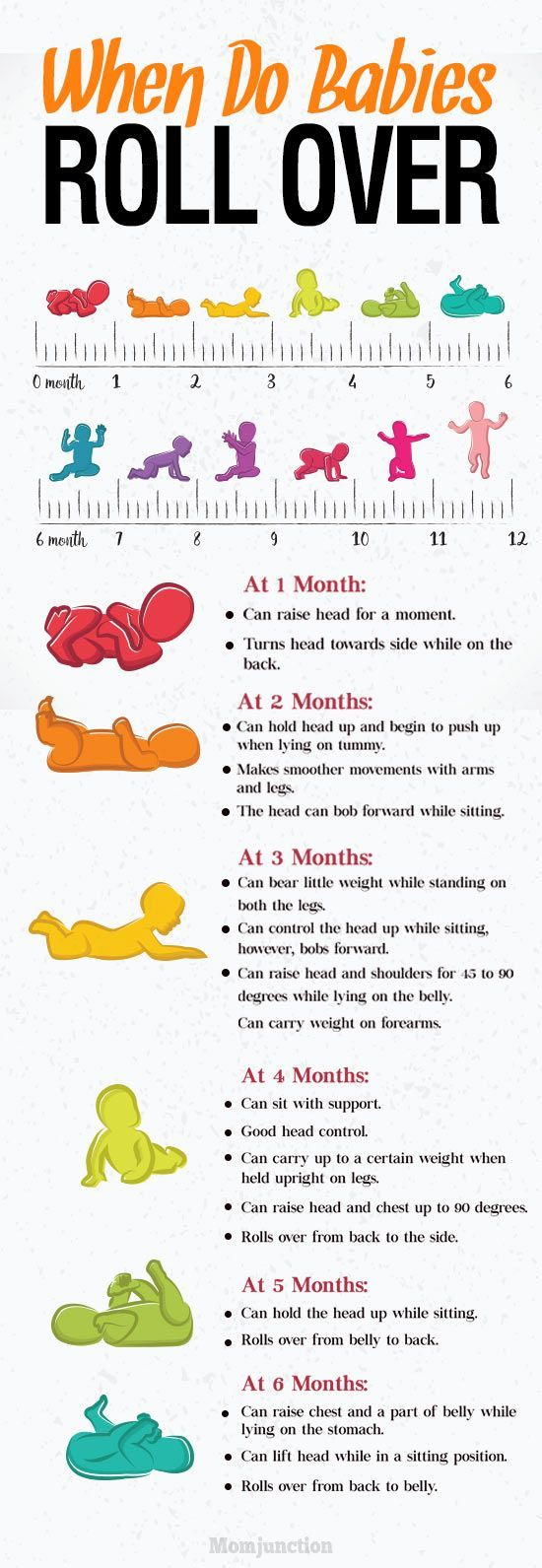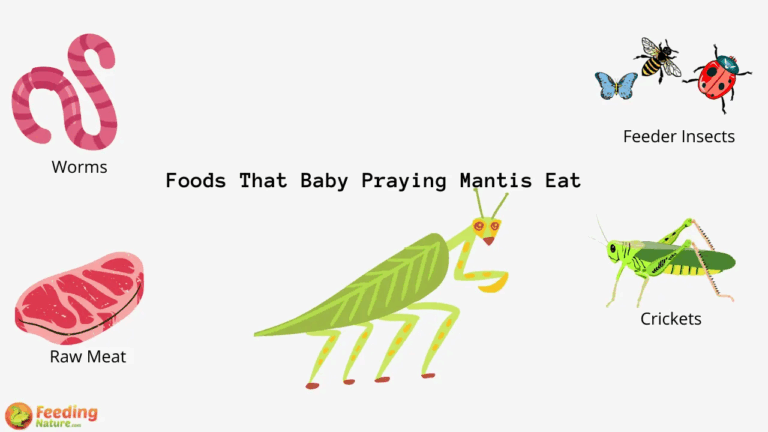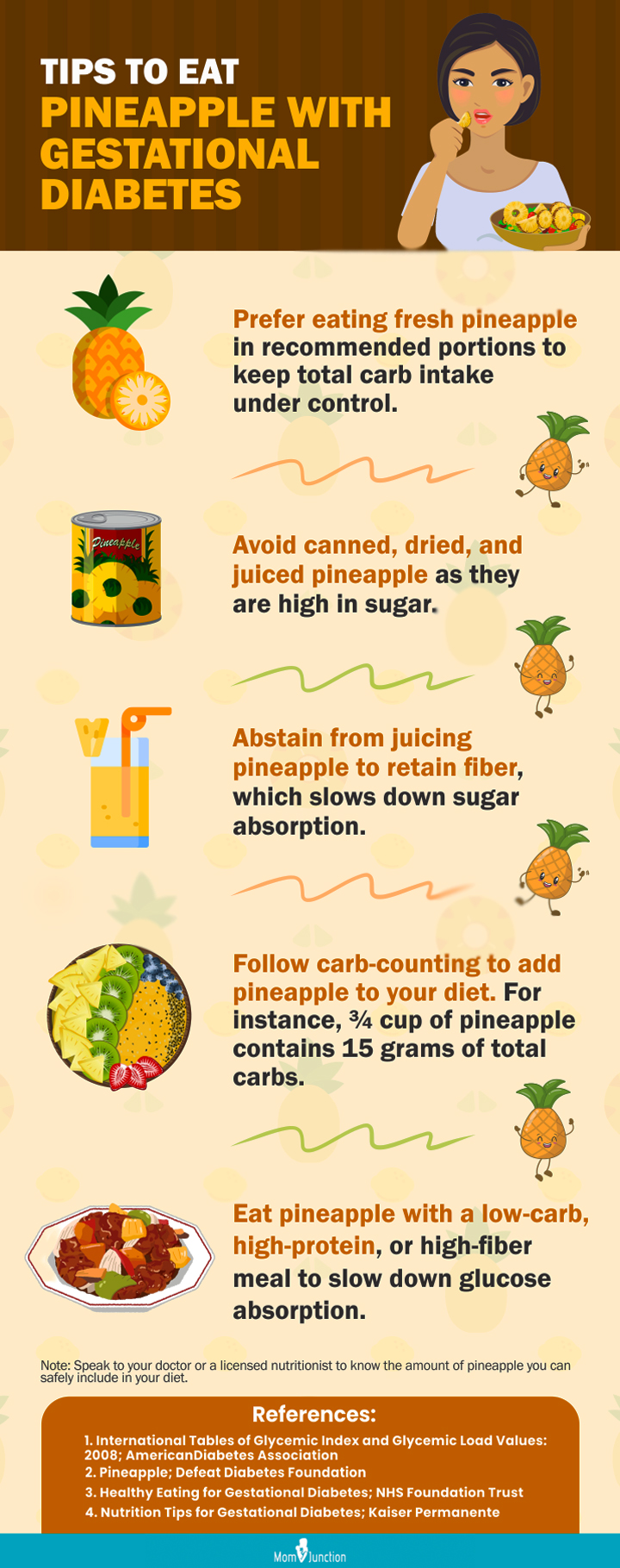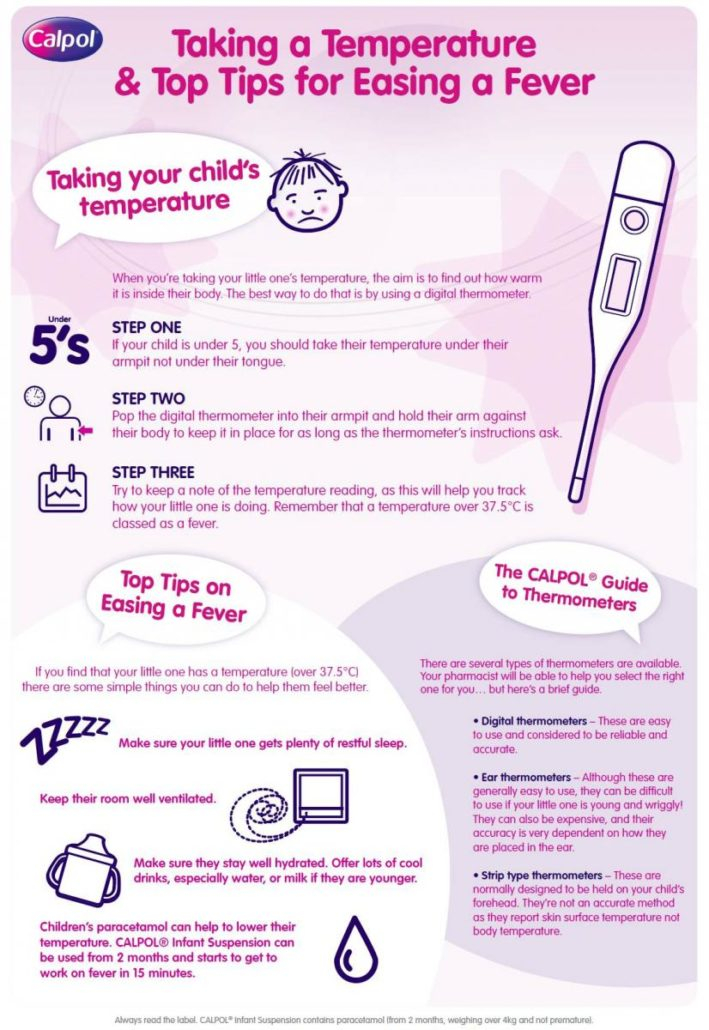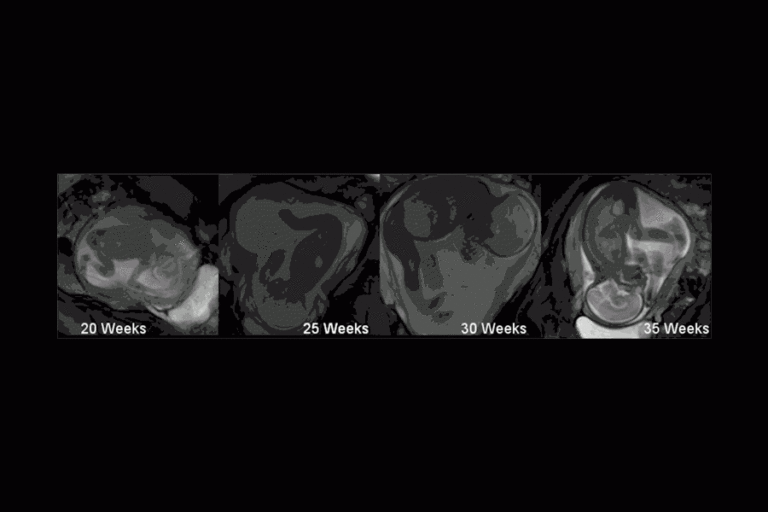How To Introduce Eggs To Baby
Introducing eggs to your baby’s diet can be an exciting milestone, but it’s important to do it in a safe and gradual manner. In this article, we will discuss the best practices for introducing eggs to your baby, including when to start, how to prepare them, and what to watch out for. Whether you’re a first-time parent or looking for some tips on expanding your baby’s diet, this guide will provide you with all the information you need to make the introduction a smooth and enjoyable experience.
Knowledge
When it comes to introducing eggs to your baby, timing is key. It is generally recommended to wait until your baby is around 6 months old before introducing allergenic foods such as eggs. This is because your baby’s digestive system is more developed at this age, reducing the risk of allergic reactions. Before introducing eggs, it’s a good idea to consult with your pediatrician to ensure that your baby is ready.
When preparing eggs for your baby, it’s important to cook them thoroughly to kill any harmful bacteria. Hard-boiled or scrambled eggs are good options for babies, as they are easy to chew and digest. Avoid giving your baby raw or undercooked eggs, as these can pose a risk of salmonella poisoning.
Start by offering your baby a small amount of egg, such as a teaspoon or two, and watch for any signs of allergic reactions. Symptoms of an egg allergy can include hives, swelling, vomiting, or difficulty breathing. If you notice any of these symptoms, stop feeding your baby eggs and consult with your pediatrician immediately.
It’s also important to introduce eggs one at a time, with a few days in between each new introduction. This will help you identify any potential food allergies and pinpoint the specific food that may be causing a reaction. Once your baby has successfully tried eggs without any adverse reactions, you can gradually increase the portion size and frequency of egg consumption.
Conclusion
Introducing eggs to your baby can be a fun and rewarding experience, but it’s important to do it safely and responsibly. By following the guidelines outlined in this article, you can ensure that your baby enjoys eggs as part of a healthy and balanced diet. Remember to consult with your pediatrician before starting any new foods, and always watch for any signs of allergic reactions.
In conclusion, introducing eggs to your baby is a great way to expand their palate and introduce them to new flavors and textures. By starting slowly and monitoring your baby’s reactions, you can help them develop a healthy relationship with food and set the stage for a lifetime of good eating habits.
Final thoughts: Introducing eggs to your baby is an important step in their culinary journey. By following the tips and guidelines provided in this article, you can make the introduction smooth and enjoyable for both you and your little one. Remember to be patient and observant, and always prioritize your baby’s safety and well-being.
